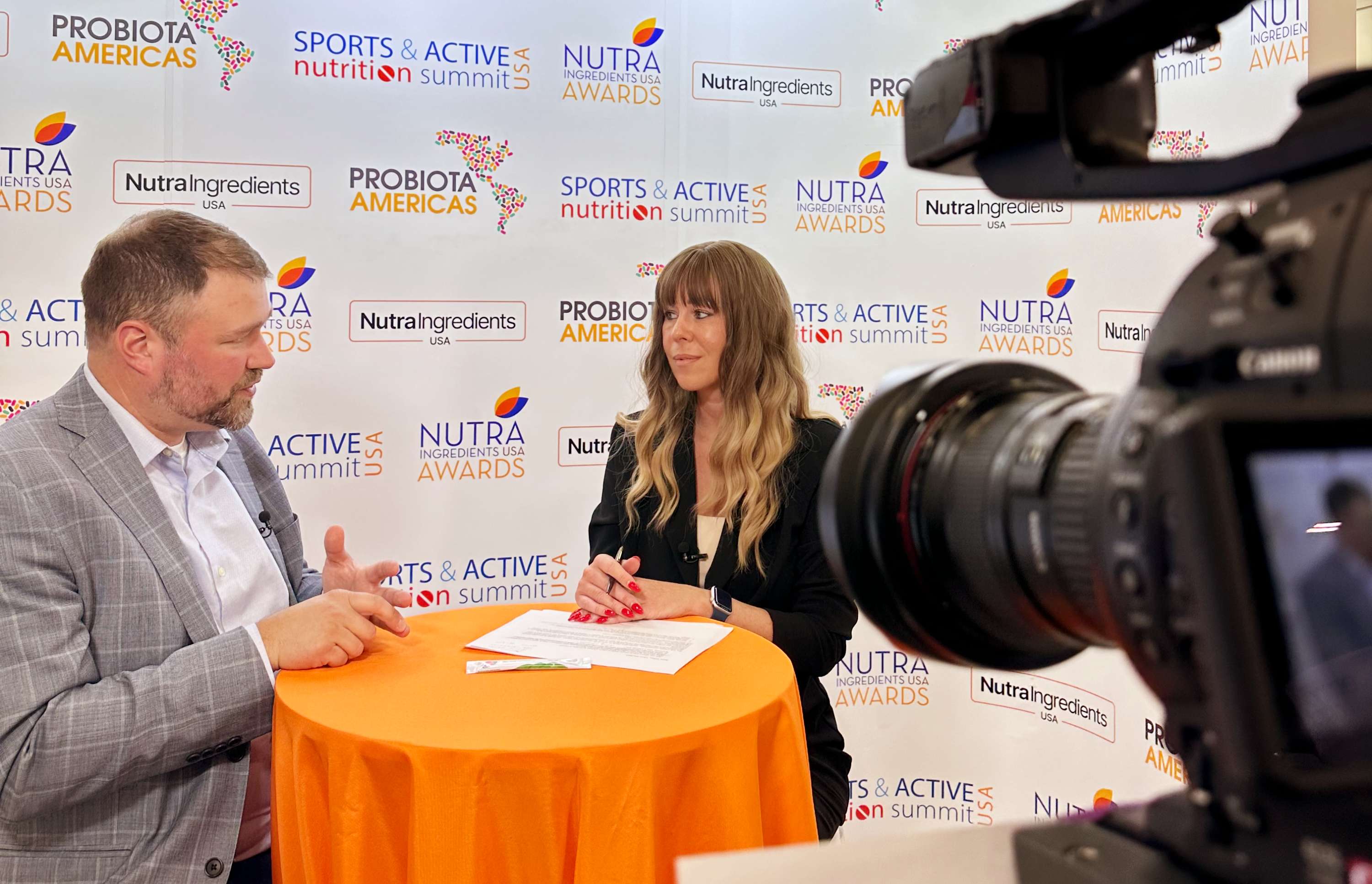Sterols (and stanols) are typically used in dietary supplements and as functional ingredients in food products to reduce cholesterol. Clinical trials in controlled settings have reported that daily consumption of 1.5 to 3 grams of phyto-sterols/-stanols from foods can reduce total cholesterol levels by 8% to 17%, representing a significant reduction in the risk of cardiovascular disease.
Conducted by researchers from Kerman University of Medical Sciences in Iran, this latest review evaluated data from 14 randomized clinical trials, reporting that phytosterol supplementation may also improve blood glucose levels and decrease systolic blood pressure and triglyceride levels.
These end points are factors of metabolic syndrome (MetS), a condition characterized by central obesity, hypertension and disturbed glucose and insulin metabolism. The syndrome has been linked to increased risks of both type 2 diabetes and cardiovascular diseases.
Exciting new frontiers
Commenting on the review’s conclusions, Gonzalo Vega, technical director at Nutrartis, makers of Cardiosmile brand Liquid Plant Sterols, told NutraIngredients that the science shows that “plant sterols are not just simple cholesterol-blockers but are potential bioactive compounds in their own right.
“Since cholesterol is a fundamental building block for so much in our body—it’s the precursor to critical hormones like cortisol and testosterone, it’s vital for our cell membranes, and it helps modulate the immune system—the scientific question becomes: ‘If we introduce a molecule that looks almost identical to it, what other systems might it influence?’ This is the logic driving the new wave of research,” he said.
“This has opened exciting new frontiers. For instance, emerging studies are now investigating the potential for highly absorbable plant sterols to influence inflammatory pathways and immune responses. The key phrase is ‘highly absorbable’, because for sterols to have these body-wide effects, they first must get into the bloodstream. It’s crucial to be clear that this research is still in its early stages, but it’s a promising field that could one day expand the application of these compounds far beyond their established role in heart health.”
Phytosterols 101
“Phytosterols (more commonly called Plant Sterols) have been a component of the human diet for a long time—they are not a new discovery but are significant parts of our diet that deserve greater dietary attention,” explained Sam Wiley, founder of SkySail, the U.S. distributor of Cardiosmile brand Liquid Plant Sterols. “We have always consumed them in seeds, nuts, legumes, grains and avocados. Wherever plant-derived fats and fat-soluble vitamins appear in nature, they are also present.”
Wiley added that plant sterols have more in common with fiber than with fat-loving nutrients such as vitamin E that are absorbed and readily stored in the body.
“The metabolic fate of plant sterols differs significantly as they are minimally absorbed and work by interfering with the absorption of other fats and bile in the gut, thereby reducing cholesterol production into the bloodstream,” he said.
A key component of the Portfolio Diet (PD), which garnered attention a couple of years ago, is to increase dietary plant sterols, whether through foods or supplements.
“Plant Sterols are very effective at lowering LDL cholesterol when taken regularly in sufficient quantities–with a 2,000 mg target set by the NIH’s Therapeutic Lifestyle Change guidelines to lowering cholesterol,” said Wiley.
The U.S, FDA approved health claim states that 1.3 grams of plant sterols per day as part of a diet low in saturated fat and cholesterol, may reduce the risk of heart disease. (For plant stanols, the daily dose increases to 3.4 grams)
Systematic review
The Iran-based scientists searched the scientific databases for randomized clinical trials (RCTs) using phytosterols on MetS factors.
Data from the 14 qualifying RCTs showed that phytosterol supplementation modestly improved MetS factors.
“In particular, fasting blood glucose decreased by about 2%, systolic blood pressure decreased by 3–5%, and triglyceride levels dropped by 19–24%," the researchers reporte. “Waist circumference and HDL cholesterol changes were slight, negligible in most cases.”
Commenting on the potential clinical implications of the findings, they noted that phytosterol supplementation at doses of at least 2 grams per day for eight weeks or more “support the potential role of phytosterols as a complementary nutritional strategy in individuals at risk of cardiometabolic disorders.
“Although the observed effects are generally moderate, they may offer added value when combined with standard dietary and lifestyle interventions,” they wrote. “Given their safety profile and availability in functional foods, PSs could be considered in dietary recommendations for at-risk populations.”
Skysail’s Wiley said the review illuminates what sterol industry insiders and researchers have seen for a long time.
“The recent review findings are not surprising,” he said. “Nutrartis, the makers of Cardiosmile liquid plant sterols, continue to invest heavily in clinical studies related to the efficacy of plant sterols in preventing and managing metabolic syndrome as well as a growing number of other health related outcomes.”
Source: Diabetology & Metabolic Syndrome, 2025, 17, 335. doi: 10.1186/s13098-025-01887-2. “Impact of phytosterol supplementation on metabolic syndrome factors: a systematic review of randomized controlled trials”. Authors: F. Ghanbari-Gohari, et al.





